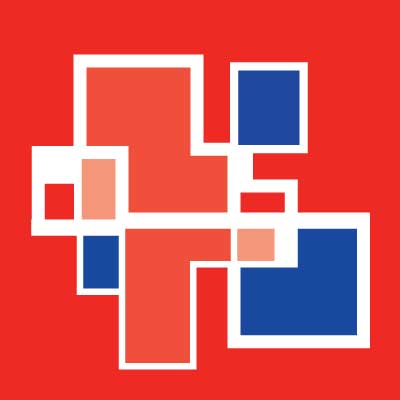Arts in EducationGoals and StrategiesThe goal of the Arts in Education program is to increase arts education and to improve pre-K through grade 12 student learning through the arts. Funding will be directed toward programs that seek to enhance students’ educational outcomes rather than to simply increase participation in, or appreciation for, the arts.
|

